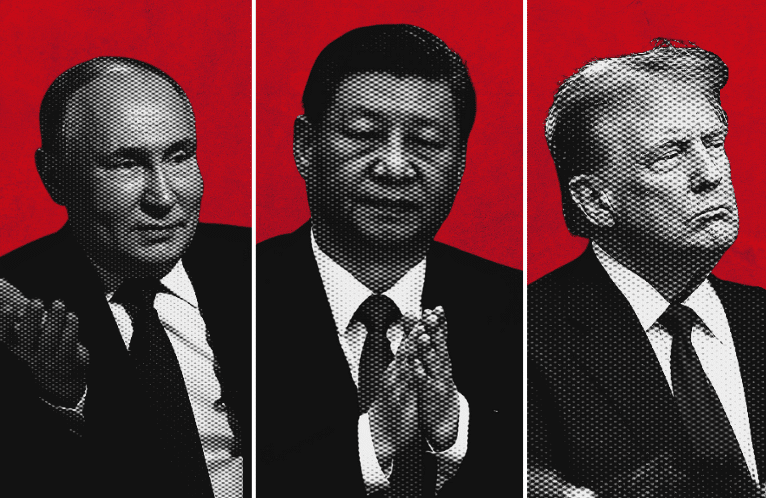The Changing Dynamic Between China, America, and Philippines
Rodrigo Duterte, the newly elected 16th President of the Philippines, is a controversial figure who has attracted worldwide attention to the Philippines for his outrageous statements. From making jokes about rape victims and inciting a drug war within his country to cursing Obama, Duterte has displayed his penchant for saying whatever he wants without considering repercussions from the international community. This is dangerous, especially in a volatile region such as the South China Sea. With the current territorial disputes in the region, having an unpredictable leader such as Duterte at the helm adds a destabilizing element of uncertainty to the situation. His recent statements regarding “breaking up with the USA” confirms his unpredictability, as Duterte states that America criticizes his drug war too often and that he will make appeals to China and Russia for assistance instead. As East Asia is already becoming increasingly polarized between China and ASEAN states due to the territorial disputes, his statements weaken the cohesiveness of ASEAN in its decision making. No one can be 100% sure with whom he will side. Such a situation is reminiscent of pre-World War I Europe, during which different European states had multiple conflicting alliances.
Among the established aims and purposes of ASEAN is to “promote regional peace and stability through abiding respect for justice and the rule of law in the relationship among countries of the region and adherence to the principles of the United Nations Charter”, and among the principles in the Preamble of the United Nations Charter are “to reaffirm faith in fundamental human rights, in the dignity and worth of the human person, in the equal rights of men and women and of nations large and small.” The United Nations has additionally created a Universal Declaration of Human Rights, although this is not truly global. What constitutes human rights differs around the globe: the West tends to value the individual more, thus leading rights towards this concept, while Asia and Africa tend to value societal stability, and lead the concept of human rights towards what is deemed best for the group. This issue has caused tensions between nations in the past (i.e. China and USA), and this seems to be what is at play in the Philippines right now. What we could be seeing now is a change of societal values in the Philippines from what is human rights as influenced by the West to what is considered human rights within its own country.
By Kevin Sonukan








